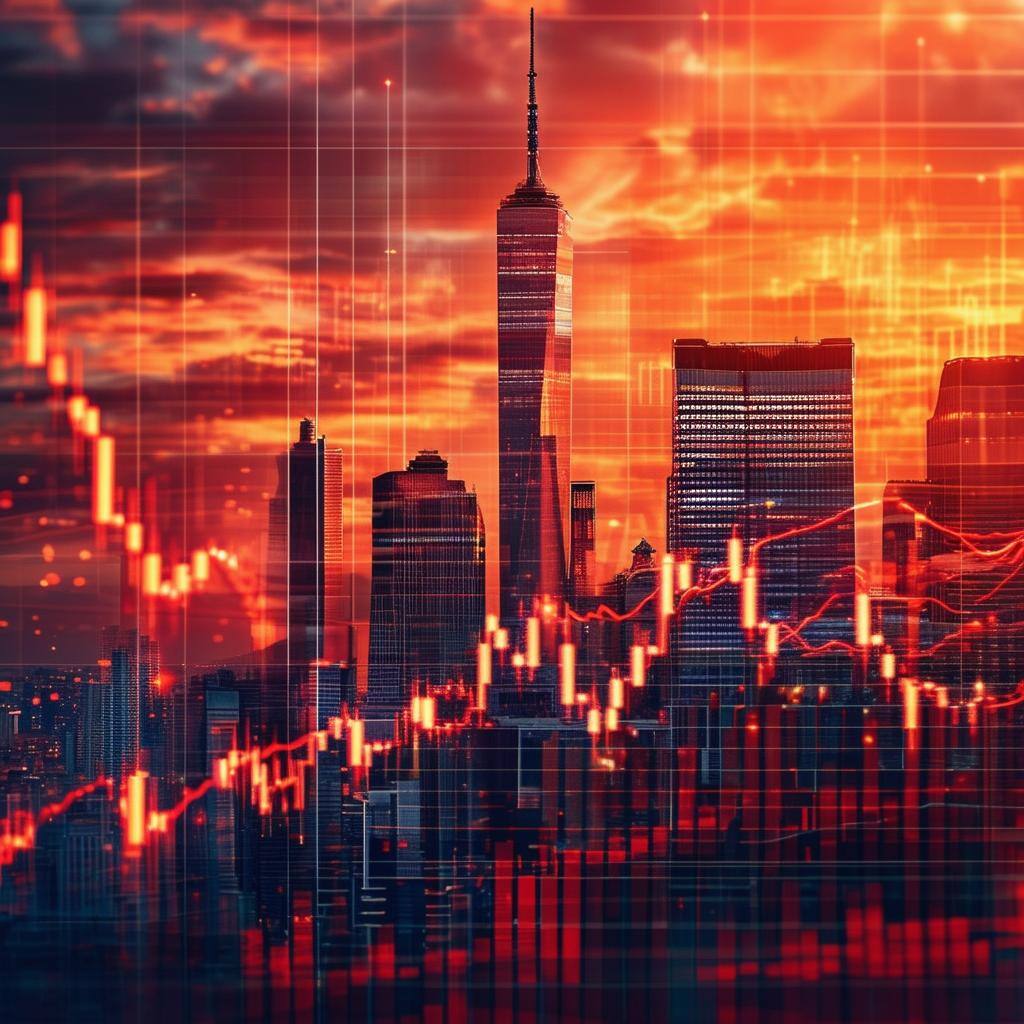The reality of the war will therefore have finally taken precedence over economic considerations. Hesitant and feeble for a time in their reaction to the invasion of Ukraine, targeting only a few oligarchs, European countries have therefore put aside their fears about the supply of Russian gas (which nevertheless represents almost half of gas imports to Europe, with big disparities depending on the country) to organize a common front of sanctions. The 27, with their allies, have thus agreed to exclude certain Russian banks from the SWIFT system even if, for the moment, the framework of the application of this sanction is still unclear. If some countries (the United Kingdom for example) push for a total exclusion of Russia from the SWIFT transaction network, this raises the problem of payment for Russian gas which still arrives in Europe and which, unfortunately, no one can do without. .. Among the other sanctions implemented is the freezing of assets of the Russian Central Bank held with other banks, estimated at around 100 billion dollars out of a total of 630 billion, with the aim of further weakening the country by limiting the ability of the central bank to defend its currency, which has been devalued sharply by nearly 30% against the dollar since mid-February. It should nevertheless be noted that, for 8 years since the beginning of the sanctions following the invasion of Crimea, Russia has carried out a large "de-dollarization" of its economy by reducing the holding of American treasury bonds by increasing its reserves of foreign exchange and gold (even if someone will have to buy it: China?) and that, moreover, the country's indebtedness remains relatively low and very largely financed internally. Russia's aggression against Ukraine has also broken down several taboos in Europe, such as Germany's change in foreign policy, which contrasts with its trade-based diplomacy since the end of the Second World War, or the funding by the European Union for the purchase of arms for Ukraine, a first!
As often is the case, the European Union is built during crisis and this crisis will surely mark the beginning of a Europe of defence.
In the short term it is in our opinion difficult to see a de-escalation of tensions. If Vladimir Putin seems to have prepared his armed intervention for a long time, he probably did not expect such an organized response at the global level and in particular the displayed European unity. Difficult in these conditions to imagine him backing down and looking for an exit. The geopolitical response to this crisis therefore essentially depends on how far the Russian President is willing to go and who can answer this question. In the medium term, the impact on the global economy will depend on the extent of the sanctions and their duration. But the question from a macroeconomic point of view at the moment is: “What about the monetary policies of central banks? ". If, on the side of the ECB, monetary tightening seems already dead on arrival, the question is more delicate for the Fed. Because if it is still difficult to imagine rate hikes in the current context, the fight against Putin will be inflationary... We remain cautious in our allocations, in particular pending the second round of talks between the Russian and Ukrainian delegations .










